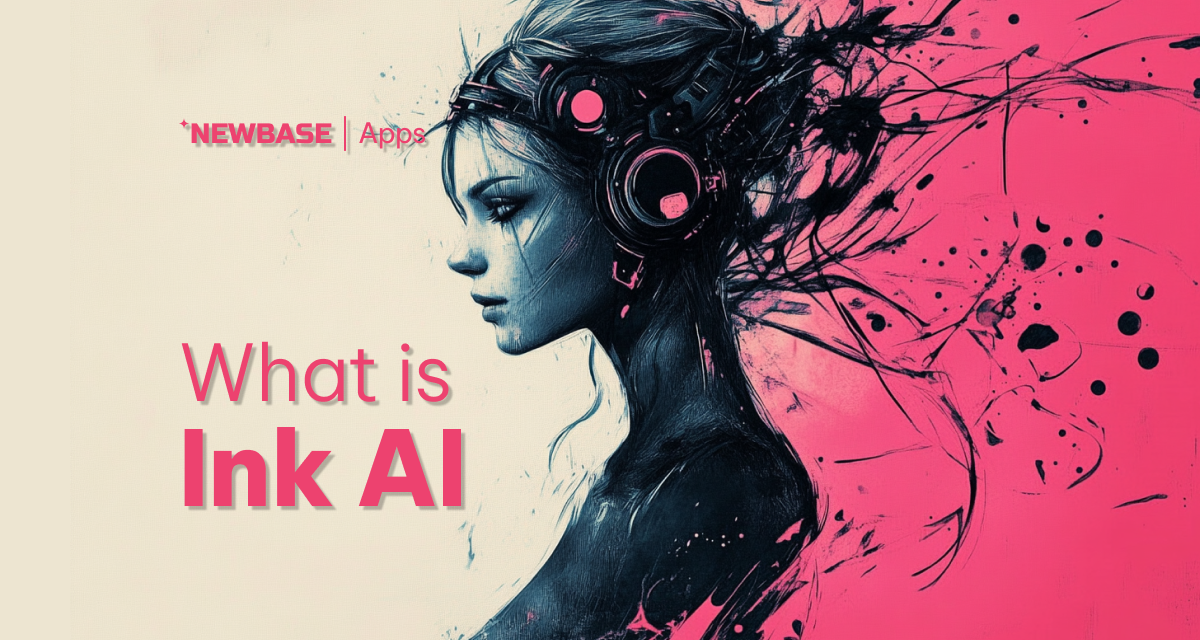
In the realm of content creation, artificial intelligence (AI) is rapidly transforming the way we write, edit, and generate text. Among the many AI writing tools available, Ink AI stands out as a powerful and versatile solution for a wide range of writing tasks.
This comprehensive guide will delve into the capabilities, strengths, weaknesses, and ethical implications of Ink AI. We’ll also compare it with key competitors and discuss its potential impact on the future of writing and content creation.
Capabilities and Features of Ink AI
Ink AI offers a suite of features designed to enhance the writing process, including:
- Text generation: Ink AI can generate original text in a variety of styles, from formal to informal, and for various content types, including blog posts, articles, marketing copy, and even poems.
- Summarization: It can condense long-form content into concise and informative summaries, saving you time and effort.
- Editing and proofreading: Ink AI checks for grammar, style, and tone, helping you polish your writing to perfection.
- Translation: Ink AI supports multiple languages, enabling you to translate your content into different languages with ease.
- Other features: Ink AI also offers plagiarism detection, SEO optimization suggestions, and a user-friendly interface.
Strengths and Weaknesses of Ink AI
Strengths:
- Increased efficiency: Ink AI can significantly reduce the time spent on writing and editing, freeing up your time for other tasks.
- Improved quality: Ink AI’s advanced algorithms ensure that your writing is grammatically correct, stylistically sound, and clear.
- Accessibility: Ink AI empowers individuals with limited writing skills to create high-quality content.
- Cost-effectiveness: Compared to hiring human writers, Ink AI offers a cost-effective solution for content creation.
Weaknesses:
- Lack of originality and creativity: Ink AI relies on existing data to generate text, which may limit its ability to produce truly original and creative content.
- Accuracy issues: While Ink AI’s accuracy has improved, it can still make factual errors or produce logically inconsistent text.
- Ethical concerns: The use of AI-generated content raises ethical concerns about plagiarism, bias, and the potential displacement of human writers.
- Technical limitations: Ink AI requires internet connectivity and may struggle with complex or nuanced topics.
Ethical and Societal Implications
The use of AI writing tools like Ink AI has sparked important ethical and societal discussions:
- Plagiarism and authenticity: AI-generated content can be easily plagiarized, raising concerns about the authenticity of content online.
- Bias and fairness: AI writing tools may perpetuate existing societal biases, leading to unfair or discriminatory content.
- Impact on human writers: AI writing tools have the potential to displace human writers, particularly in certain industries.
- Future of writing and content creation: AI is transforming the writing industry, leading to new roles for human writers and new possibilities for content creation.
Conclusion
Ink AI is a powerful AI writing tool that offers a range of capabilities and benefits for writers of all levels. While it has some limitations, Ink AI has the potential to revolutionize the way we write, edit, and generate content. However, it’s important to use AI writing tools responsibly, considering the ethical and societal implications involved.
As AI continues to evolve, Ink AI and other similar tools will continue to play an increasingly significant role in the future of writing and content creation. By embracing the potential of AI while addressing the ethical challenges, we can harness the power of these tools to enhance our writing, foster creativity, and push the boundaries of content generation.